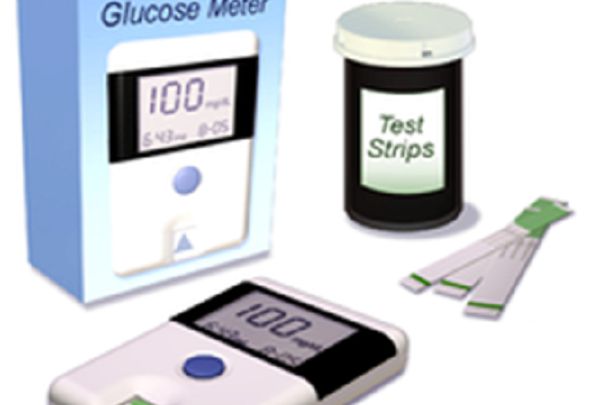
Prioritising diabetes in healthcare delivery
The international community commemorates World Diabetes Day on November 14, every year to raise awareness of the growing burden of the disease and strategise to prevent and manage the threat.
The theme for this year’s commemoration was: “Access to diabetes education” and underpins the three-year (2021 to 2023) theme of “Access to care”.
Advertisement
Diabetes is a chronic disease that occurs when the pancreas is no longer able to make insulin or when the body cannot make good use of the insulin it produces.
Insulin is a hormone made by the pancreas that acts like a key to let glucose from the food we eat pass from the blood stream into the cells in the body to produce energy. All carbohydrate foods are broken down into glucose in the blood. Insulin helps glucose get into the cells.
Not being able to produce insulin or use it effectively leads to raised glucose levels in the blood, known as hyperglycaemia. Over the long-term, high glucose levels are associated with damage to the body and failure of various organs and tissues.
There are three main types of diabetes — types one and two and gestational.
Type One diabetes can develop at any age, but occurs most frequently in children and adolescents. When one has Type One diabetes, the body produces very little or no insulin, which means that one needs daily insulin injections to keep blood glucose levels under control.
Type Two diabetes is more common in adults and accounts for around 90 per cent of all diabetes cases. When one has Type Two diabetes, one’s body does not make good use of the insulin that it produces. The cornerstone of Type Two diabetes treatment is a healthy lifestyle, including increased physical activity and a healthy diet.
Gestational diabetes (GDM) is the type of diabetes that consists of high blood glucose during pregnancy and is associated with complications to both mother and child. GDM usually disappears after pregnancy, but women affected and their children are at increased risk of developing Type Two diabetes later in life.
Known risk factors include family history and increasing age, along with modifiable risk factors such as overweight and obesity, sedentary lifestyles, unhealthy diets, smoking and alcohol abuse.
Diabetes has also been related with behavioural characteristics of people, such as physical inactivity, poor dietary intake, inadequate intake of fruits and vegetables, tobacco use and alcohol consumption.
Left unchecked, and without management and lifestyle changes, diabetes can lead to many debilitating complications. These include heart attack, stroke, kidney failure, lower limb amputation, visual impairment, blindness and nerve damage. People with diabetes are also at higher risk for severe COVID-19 symptoms.
However, the World Health Organisation (WHO) Regional Director for Africa, Dr Matshidiso Moeti, in a message to mark World Diabetes Day, said, unfortunately, those modifiable risk factors were on the rise across all countries in the WHO Africa Region.
The prevalence of diabetes is expected to double by 2030, from 8.3 to 17.6 per cent globally.
Diabetes is one of the leading non-communicable diseases in Ghana, contributing to the increasing disease burden among old adults.
According to the International Diabetes Federation (IDF), Ghana had, as of March 2022, an adult population of 16,732,900, with a prevalence of diabetes of two per cent, translating to a total case in adults of 329,200.
The Daily Graphic, therefore, calls on the government to increase investment in diabetes care and prevention, particularly to prioritise investment in essential products, such as insulin, glucometers and test strips.
Additionally, there is the need to enhance existing prevention programmes, with emphasis on social determinants of diabetes, sustained physical activity and good nutritional practices, starting at an early age to reduce the level of exposure and subsequently decrease the prevalence of diabetes at old age.
As we call on the government to increase intervention efforts, we also call on the people to constantly check their blood sugar levels to prevent surprises of being diagnosed with non-communicable diseases, particularly diabetes, which can be preventable when detected early.
Also the paper calls for medicine, technology, support and care to be made available to all people with diabetes who require them.
We also call for healthcare professionals to be empowered to detect and diagnose the condition early and provide the best possible care.
Advertisement
More importantly, the Daily Graphic encourages the Ghana Health Service and the Ghana Education Service to team up and educate pupils and students on diabetes and other non-communicable diseases, so that they will develop understanding of the disease.




